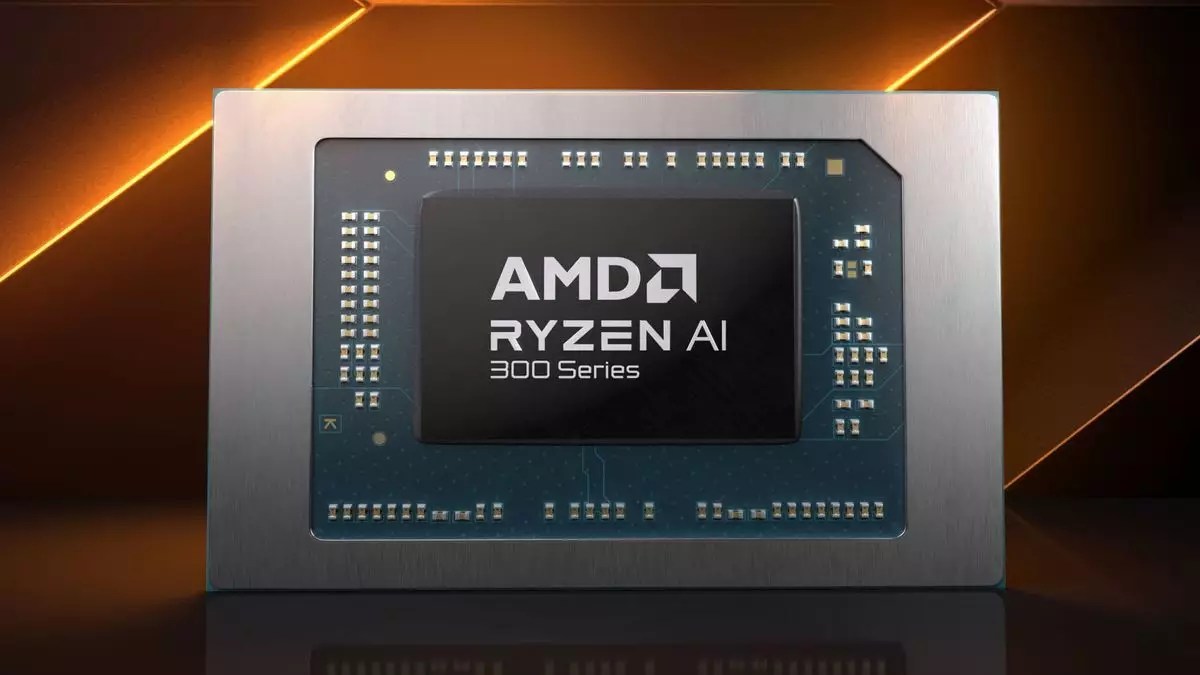AMD’s decision to shift its focus away from Windows 10 to Windows 11 and Linux for its new Ryzen AI chips has caused a stir in the tech community. The Ryzen 9000-series is fully supported on Microsoft’s older operating system, while the Ryzen AI 300 series is exclusively for Windows 11 and Linux users. This move was recently confirmed through updates on the official specs page for the newly announced Ryzen AI range.
Windows 10, which was first released in July 2015, is relatively young compared to some older operating systems. However, Microsoft will be ending official support for Windows 10 in October 2025. AMD’s decision to focus on Windows 11 and Linux for its new Ryzen AI chips is not solely based on the age of Windows 10. Instead, it is driven by advancements in artificial intelligence technology.
AI, particularly Microsoft’s Copilot+ suite of AI tools, played a significant role in AMD’s decision to prioritize Windows 11 and move away from Windows 10. Copilot+ is set to be integrated into Windows 11 and is designed to utilize NPUs (neural processing units) for enhanced processing capabilities. While initially exclusive to Snapdragon X-powered laptops, Copilot+ is expected to become a key feature across various laptop brands using CPUs with NPUs, such as AMD’s Ryzen AI models and Intel’s upcoming Lunar Lake chips.
Neural processing units, with their ability to execute specific math operations efficiently while conserving power, have become a focal point for AMD, Intel, and Qualcomm in the CPU market. The peak throughput of NPUs, measured in trillions of operations per second (TOPs), has spurred competition among these tech giants. While Nvidia’s GPUs boast superior capabilities, NPUs excel in low-power consumption scenarios, making them ideal for AI-driven tasks like Copilot+.
The rise of AI technology in consumer PCs, exemplified by AMD’s Ryzen AI chips, signifies a shift towards more power-efficient computing. While Copilot+ may not be available on Windows 10, there is speculation within the tech community that neural processing units could revolutionize the gaming experience by reducing power consumption in GPUs. This development could have significant implications for PC gamers looking to optimize performance and energy efficiency.
As the tech industry continues to embrace AI-driven innovation, the shift towards NPUs and advanced AI tools like Copilot+ highlights the evolution of computing technology. While AMD’s decision to prioritize Windows 11 for its Ryzen AI chips may exclude Windows 10 users from certain AI functionalities, the coding community’s ingenuity may pave the way for cross-compatibility and enhanced integration in the future.
AMD’s strategic focus on Windows 11 and Linux for its new Ryzen AI chips underscores the growing importance of AI technology in computing. As NPUs become integral components in CPUs and AI tools like Copilot+ redefine user experiences, the tech landscape is poised for further advancements in efficiency and performance. The era of AI-driven computing is upon us, and AMD’s Ryzen AI chips are at the forefront of this technological evolution.


Leave a Reply